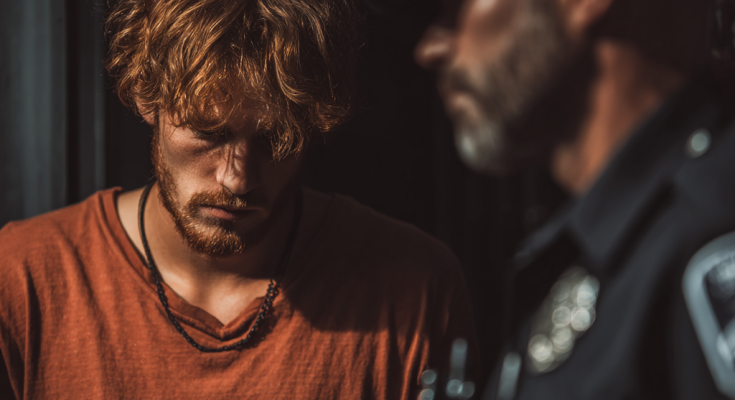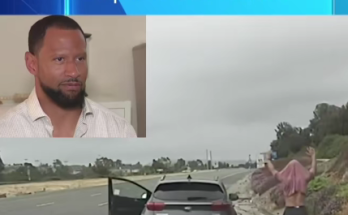Even if you’re ready to overcome an addiction, the thought of attending rehab can feel intimidating, especially if you’re unsure about what to expect.
Many people report that concerns about their psychological well-being prevent them from seeking professional treatment. Other common barriers include:
- Limited awareness of the health risks and complications associated with drug use
- Perceived short-term benefits from substance use
- Fear of withdrawal symptoms
- Lack of knowledge about available treatment facilities
In some cases, individuals may not even realize that they need professional help in the first place.
When to Consider Rehab
Acknowledging that you have an addiction is often the hardest step. Initially, you may resist the idea of entering a rehab program. However, the most effective way to overcome addiction is through a structured rehab program or participation in a peer support group. These resources provide guidance, accountability, and support that are crucial for long-term recovery.
The morning sky was heavy and gray, silent in a way that felt almost knowing.
A father gripped the steering wheel of his truck, knuckles tense. Beside him sat his son—a young man once full of laughter and curiosity, now worn down by addiction. His eyes were distant, his body restless, his face pale. It was hard to see the child he used to be in the person next to him.
This wasn’t the first time the father had tried to help. Not the tenth either.
But today was different. Today, he made a choice that terrified him as much as it felt necessary.
He was taking his son to rehab.
Not with agreement, not with comfort, but with the kind of desperation that comes when every day you fear the phone call that tells you your child is gone.
They drove toward St. Lawrence Rehab Center from Lowville, a winding hour-and-a-half journey along quiet country roads. Thoughts swirled with worry, fear, and hope.
Halfway through the drive, his son suddenly seized the phone.
“I’m being kidnapped,” he told the 911 operator. “My dad’s forcing me somewhere I don’t want to go.”
The father remained silent. He couldn’t speak. All he wanted was for his son to survive.
Minutes later, flashing red and blue lights appeared in the distance. The father pulled over, heart racing, unsure what would happen next.

The state trooper stepped out of his vehicle, and for a moment, everything felt uncertain.
But then, something remarkable happened.
Officer Mike Carpinelli approached with calm and empathy. Instead of giving orders or making assumptions, he first spoke with the young man, then with his father. He listened. He understood what so many fail to grasp: addiction is not about rebellion or weakness—it’s a complex disease that distorts trust, twists love into fear, and turns well-intentioned help into perceived threats.
On that cold stretch of highway, Officer Carpinelli did something uncommon.
He didn’t arrest the father. He didn’t restrain the son. He simply stayed.
For over an hour, he remained by the young man’s side—patient, attentive, and steady. He didn’t try to coerce or control him. Instead, he offered something far more powerful than authority: genuine understanding.
He explained what rehab would be like. He shared stories, asked questions, and genuinely listened. He showed that he cared.
Gradually, the young man—initially agitated and resistant—began to relax.
After nearly an hour of quiet encouragement, he finally agreed.
Not for his father.
But for Officer Carpinelli.
“I’ll go,” he said, “but only if you take me.”
And the trooper did.
He personally drove the young man to the rehab facility—an hour and a half away. No flashing lights. No sirens. Just two people in a car: a young man with a chance at a future, and an officer who refused to give up on a life that others might have already written off.
When they arrived, Officer Carpinelli didn’t simply hand him over. He walked into the facility alongside him, offering steady support and reassurance as the first steps of recovery began.
This moment mattered.
Because so many people struggling with addiction feel isolated, abandoned, and convinced that no one will walk with them through their darkest hours.
But that day, someone did.
Back by the roadside, the father watched in stunned silence—not only because his son was finally agreeing to get help, but because a stranger in uniform had stepped into the space where he could no longer reach.
The space between rock bottom and the possibility of redemption.
Officer Carpinelli had entered that space—and, in doing so, had guided the young man back toward hope and recovery.

That moment didn’t make headlines. It didn’t go viral.
But for the father, it meant everything.
Addiction is one of the hardest challenges a family can face. It doesn’t just affect the person struggling—it touches everyone who loves them. Parents feel helpless, siblings drift apart, and trust is tested over and over until it seems like nothing remains.
And still, families keep trying.
They show up with hope where there is only pain. They pack a bag for rehab, knowing their loved one might walk right back out. They call, plead, cry, and beg—because when someone you love is disappearing before your eyes, what else can you do?
That’s what this father did. And that’s what Officer Carpinelli understood.




